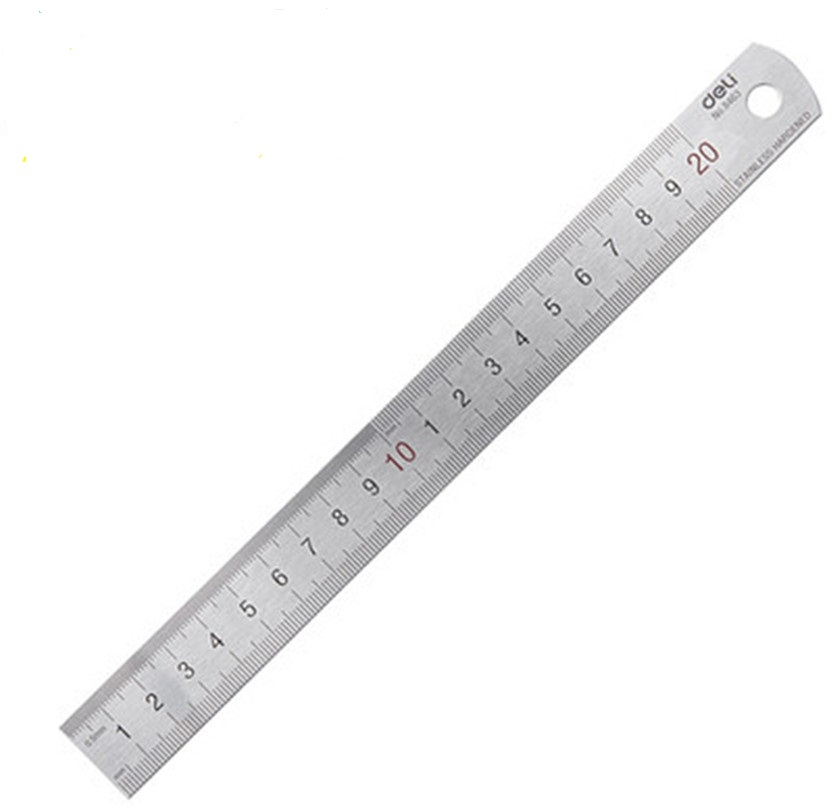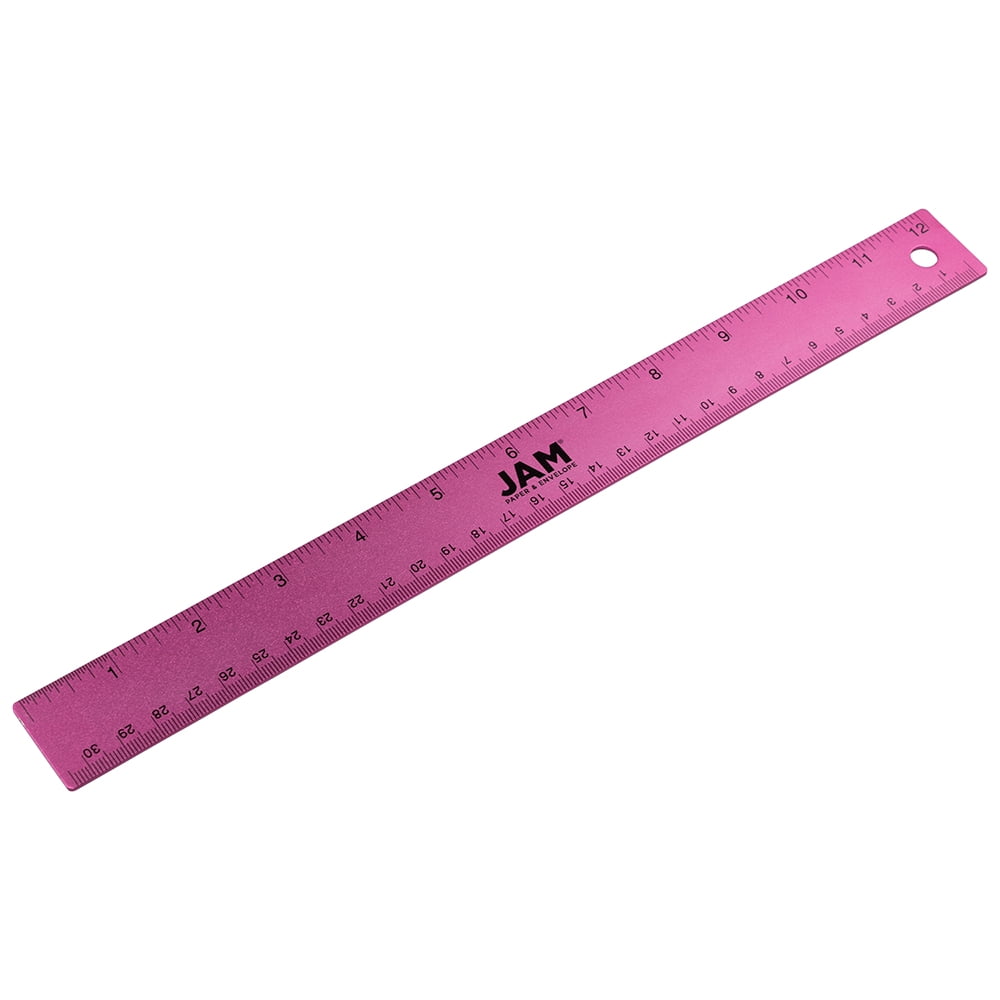
Monarchies take a wide variety of forms, such as the two co-princes of Andorra, positions held simultaneously by the Roman Catholic bishop of Urgel (Spain) and the elected president of France (although strictly Andorra is a diarchy).

In cases where the monarch serves mostly as a ceremonial figure (e.g., most modern constitutional monarchies), real leadership does not depend on the monarch.Ī form of government may, in fact, be hereditary without being considered a monarchy, such as a family dictatorship. A principal advantage of hereditary monarchy is the immediate continuity of national leadership, as illustrated in the classic phrase " The King is dead. Advocacy of government by a republic is called republicanism, while advocacy of monarchy is called monarchism. In recent centuries, many states have abolished the monarchy and become republics (but see, e.g., United Arab Emirates).

‘He Who is Made Lord') of Malaysia, who is appointed by the Conference of Rulers every five years or after the king's death, and the pope of the Roman Catholic Church, who serves as sovereign of the Vatican City State and is elected to a life term by the College of Cardinals. Modern examples include the Yang di-Pertuan Agong (lit. Historical examples of elective monarchy include the Holy Roman Emperors (chosen by prince-electors, but often coming from the same dynasty) and the free election of kings of the Polish–Lithuanian Commonwealth. In an elective monarchy, the monarch is elected but otherwise serves as any other monarch. While traditionally most monarchs have been male, female monarchs have also ruled, and the term queen regnant refers to a ruling monarch, as distinct from a queen consort, the wife of a reigning king. Different systems of succession have been used, such as proximity of blood (male preference or absolute), primogeniture, agnatic seniority, Salic law, etc.

Most monarchs, both historically and in the present day, have been born and brought up within a royal family (whose rule over a period of time is referred to as a dynasty) and trained for future duties. Monarchy is political or sociocultural in nature, and is generally (but not always) associated with hereditary rule. Monarchs, as such, bear a variety of titles – king or queen, prince or princess (e.g., Sovereign Prince of Monaco), emperor or empress (e.g., Emperor of China, Emperor of Ethiopia, Emperor of Japan, Emperor of India), archduke, duke or grand duke (e.g., Grand Duke of Luxembourg), emir (e.g., Emir of Qatar), sultan (e.g., Sultan of Oman), or pharaoh. For example, the monarchy of Canada and the monarchy of the United Kingdom (as well as 14 other Commonwealth realms) are separate states, but they share the same monarch through personal union. Monarchs' actual powers vary from one monarchy to another and in different eras on one extreme, they may be autocrats ( absolute monarchy) wielding genuine sovereignty on the other they may be ceremonial heads of state who exercise little or no direct power or only reserve powers, with actual authority vested in a parliament or other body ( constitutional monarchy).Ī monarch can reign in multiple monarchies simultaneously. If a young child is crowned the monarch, then a regent is often appointed to govern until the monarch reaches the requisite adult age to rule. Alternatively, an individual may proclaim themself monarch, which may be backed and legitimated through acclamation, right of conquest or a combination of means. Usually a monarch either personally inherits the lawful right to exercise the state's sovereign rights (often referred to as the throne or the crown) or is selected by an established process from a family or cohort eligible to provide the nation's monarch. A monarch may exercise the highest authority and power in the state, or others may wield that power on behalf of the monarch. A monarch is a head of state for life or until abdication, and therefore the head of state of a monarchy.


 0 kommentar(er)
0 kommentar(er)
